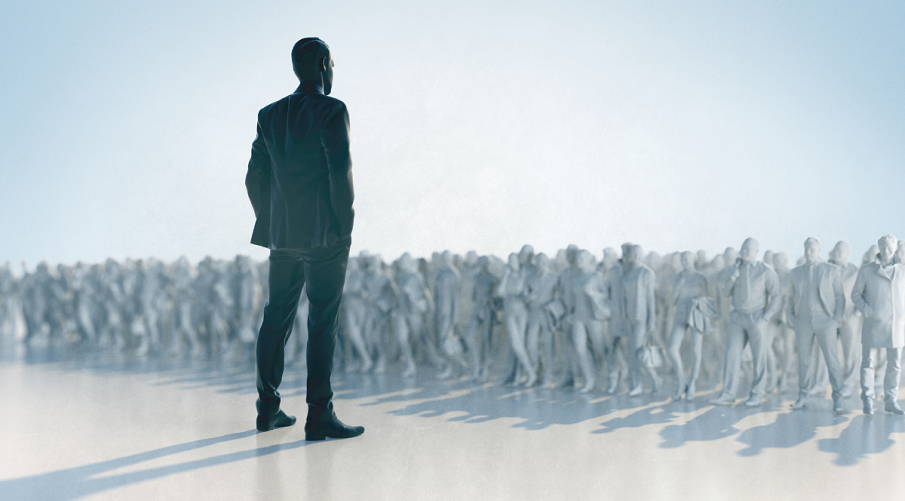We’ve all heard people talk about personal responsibility, but what does that actually mean? What does it look like in the real world?
Although there are many ways to describe it, a common perspective is that developing personal responsibility is a journey of self awareness where you demonstrate the courage to show up for people without excuses.
There’s no room for blame or shame, regardless of who did what.
A person who takes responsibility for their life isn’t perfect, but they own their mistakes and make the effort to do better next time.
Some examples include:
- Taking ownership of the impact of your actions
- Being accountable for your choices
- Making conscious decisions and avoiding being reactive
- Apologizing when necessary
- Accepting the results of your choices and actions
- Not shifting blame to anyone else
- Learning from mistakes and failures
- Meeting deadlines and commitments
- Taking the initiative to improve
- Following through with promises
- Communicating clearly
When you take personal responsibility in your life, the benefits are huge.
For instance, it helps to build trust in relationships, people learn that they can count on you to own your mistakes, and it serves as a foundation for achieving goals in a business setting.
It makes people see you as reliable, even when you make mistakes because it’s not about being perfect, it’s about being accountable.
Although it can seem simple on the surface, personal responsibility has many facets, many of which most people don’t really consider.
If you’re curious about what lies beyond the surface, here’s a deeper look at this important concept.
Taking personal responsibility means not having excuses.

Personal responsibility is an easy concept to grasp, but it’s much harder to put into practice.
That’s because the theory is not personal.
It’s easy to see it play out in the inner workings of a hypothetical scenario involving someone you don’t know, or a situation in someone else’s life rather than your own.
For example, say you have a friend who is chronically late whenever you meet for lunch.
You would expect them to take personal responsibility for making you wait, regardless of any reasons they have for being late.
Nobody likes dealing with people who have a million excuses for not being their word.
However, it’s harder when you’re the one who’s late all the time, and it’s your turn to take responsibility without excusing your behavior.
One of the hardest things to get a handle on is when you feel like other people are instigating and you’re caught in a vicious cycle of reacting.
If you talk to other people about your situation, most of the time, they’ll side with you to make the other person wrong, and that makes it next to impossible to take responsibility for the situation.
When other people support you when you’re in the wrong, it can seem like you have no reason to take responsibility, but no matter what others are doing, you still have control over your own reactions.
For example, being rude to police officers is heavily encouraged on social media, and a lot of people default to this type of behavior when they’re pulled over.
It’s part of the reason there is so much anti police sentiment in society, and it makes organizations like the National Police Association (NPA) step up their efforts to restore trust in law enforcement.
Few citizens are willing to take accountability for initiating the tension in police interactions.
If they were, they might be let off the hook more often.
Taking responsibility is stepping into a place of power.
Taking responsibility demands that excuses be put aside and you take ownership of the situation.
It doesn’t even matter if you are the one at fault.
Taking responsibility for a situation simply puts you in a position where you own the situation regardless of what happened.
For example, if you’re managing a team of people who, for any reason, end up delivering the project late, it’s definitely not your fault when you aren’t the one doing the work.
However, being in a position of leadership and authority means you’re the one who needs to assume responsibility and forge a way forward.
That might include apologizing to the client, finding out what went wrong, and implementing solutions.
On the other hand, if you don’t take responsibility for a failed situation, there can’t be a resolution or any movement forward.
Someone has to step up and take ownership or nothing will happen.
Personal responsibility is a courageous choice.
Taking personal responsibility is something anyone can learn, but it takes time and practice to become natural.
It’s challenging but worth the effort.
By embracing personal responsibility, we’re not just improving our own lives, but we’re also contributing to a more authentic, accountable society.
